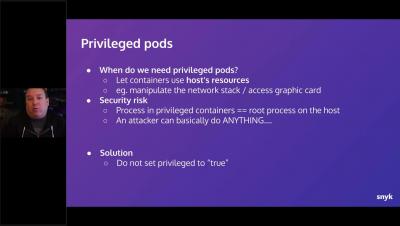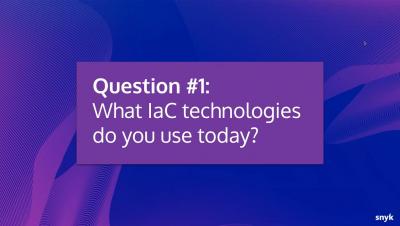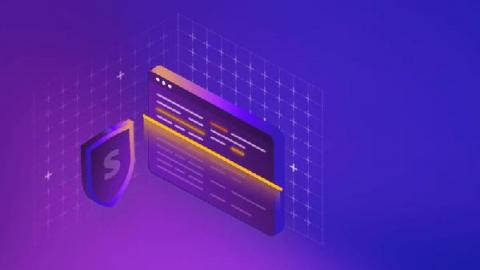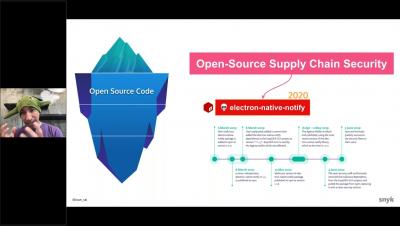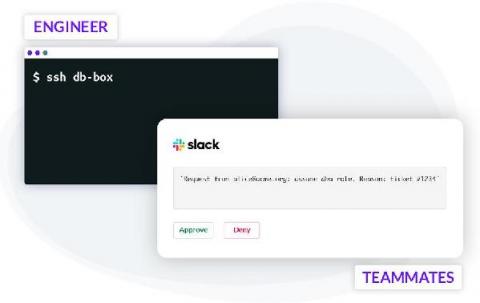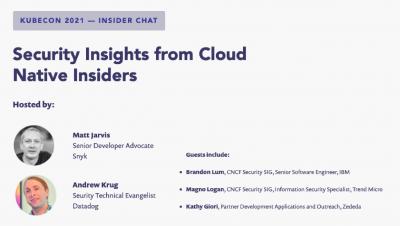Security | Threat Detection | Cyberattacks | DevSecOps | Compliance
DevOps
The State of Infrastructure as Code Security at Kubecon Europe
SuiteCRM: PHAR deserialization vulnerability to code execution
SuiteCRM is a free and open source Customer Relationship Management application for servers. This advisory details a PHAR deserialization vulnerability that exists in SuiteCRM which could be leveraged by an authenticated administrator to execute commands on the underlying operating system. This issue has been fixed in release 7.11.19. In PHP, PHAR (PHP Archive) files can be used to package PHP applications and PHP libraries into one archive file.
Snyk Code is now available for free
Snyk’s mission is to empower developers and DevOps teams to secure their applications. As part of that security mission, Snyk offers a Free plan for Snyk Open Source, Snyk Container, and Snyk Infrastructure as Code, so all developers can code securely. Today, we’re excited to announce that Snyk Code is now available for free as well.
Stranger Danger: Your Node.js Attack Surface Just Got Bigger
Pull Requests for Infrastructure Access
Making frequent changes to cloud applications running in production is the de-facto standard. To minimize errors, engineers use CI/CD automation, techniques like code reviews, green-blue deployments and others. Git pull requests often serve as a foundational component for triggering code reviews, Slack notifications, and subsequent automation such as testing and deployments. This automated process enforces peer reviews and creates enough visibility to minimize human error.
Access this computer from the network - best practices for DC and Member Server
Snyk uncovers malicious code activities in open source supply chain security on the npm registry
Open source helps developers build faster. But who’s making sure these open source dependencies (sometimes years out of development) stay secure? In a recent npm security research activity, Snyk uncovered a total of 8 npm packages which matched a specific malicious code vector of attack. This specific attack vector of the malicious packages included packages which had pre/post install scripts, which allowed them to run arbitrary commands when installed.


